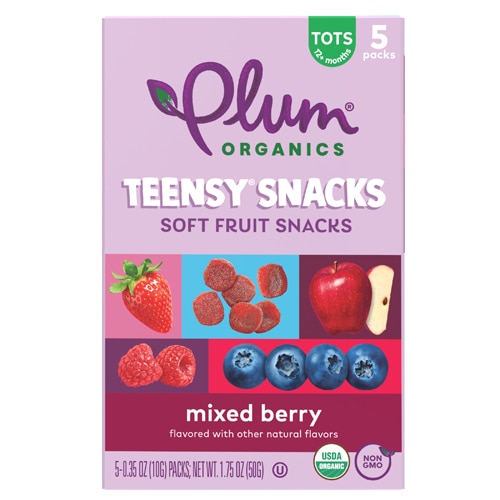Your kids probably can't get enough of sugary treats. But indulging a sweet tooth from a young age could turn your health sour in adulthood, according to the findings of a new study published in the journal Frontiers in Neuroscience.

Researchers at Queensland University of Technology say children who eat too much sugar might be at greater risk for several health conditions as adults, including:
- Obesity
- Hyperactivity
- Cognitive impairment
The findings, which were based on a study of mice, also found that lowering sugar intake results in reduced weight gain and fewer overall health problems.
The study authors caution that tests need to be done in humans before the long-term health risks of sugar to children can be definitively determined.
However, the notion that consuming too much sugar can damage your health does not surprise Brooke Schantz Fosco, a registered dietitian nutritionist and assistant director of coordinated and individualized supervised practice pathways (ISPPs) programs at Dominican University in River Forest, Illinois.
“An overconsumption of calories or added sugar long-term can lead to an increased risk of chronic diseases,” she says.
Health problems caused by sugar
It is well-known that
sugar can harm your health. In fact, all that sweetness can wreak havoc throughout the body, causing problems for your:
- Bacteria feed on the sugar coating your teeth, leading to tooth decay.
- Sugar consumption can lead to inflammation throughout the body that contributes to conditions such as rheumatoid arthritis.
- Some studies have found that the inflammation associated with sugar consumption can damage your skin's collagen and elastin, leading to wrinkles and sagging.
- Consuming sugar forces your liver to process large amounts of fructose, which can damage the liver over time.
- Too much sugar creates extra insulin in your bloodstream that can damage arteries all throughout your body, stressing and damaging your heart.
Unfortunately, Americans consume way too much sugar. Nutritionists recommend that a person on a 2,000-calorie diet limit sugar intake to 13.3 teaspoons of sugar per day, according to the National Institutes of Health.
By contrast, the average American actually consumes 42.5 teaspoons of sugar per day.
The problem of eating too much sugar has grown markedly worse in modern life,
the NIH says. Two centuries ago, Americans consumed about 2 pounds of sugar a year.
By 1970, that amount had soared to 123 pounds of sugar annually. Today, it is 152 pounds.
How to reduce sugar intake in your child's diet
As the Queensland University study suggests, it is important to help your kids develop a healthy relationship with sugar from an early age.
Schantz Fosco says parents can do this by making sure each meal includes:
Doing so gets your children used to trying new foods and ensures they receive the nutrition they need to support brain development and overall growth.
In addition, look for sweet foods that can substitute for candy and ice cream, sweet syrup and sugary cereals.
“Offering one serving of fruit with your child's meals or snacks is an easier way to add a sweeter food that also contains vitamins, minerals and fiber,” Schantz Fosco says.
She even suggests getting creative by
using fruit to make popsicles,
smoothies or fruit "ice cream."
Finally, Schantz Fosco urges parents to follow a simple principle: Offer healthy, balanced meal and snack options and let your children determine which foods they want to eat.
“Consistency is key when it comes to creating
healthy eating habits,” she says. “Children mimic what they see. So, if parents eat healthier meals and snacks, the children will start doing the same.”
 Researchers at Queensland University of Technology say children who eat too much sugar might be at greater risk for several health conditions as adults, including:
Researchers at Queensland University of Technology say children who eat too much sugar might be at greater risk for several health conditions as adults, including:



